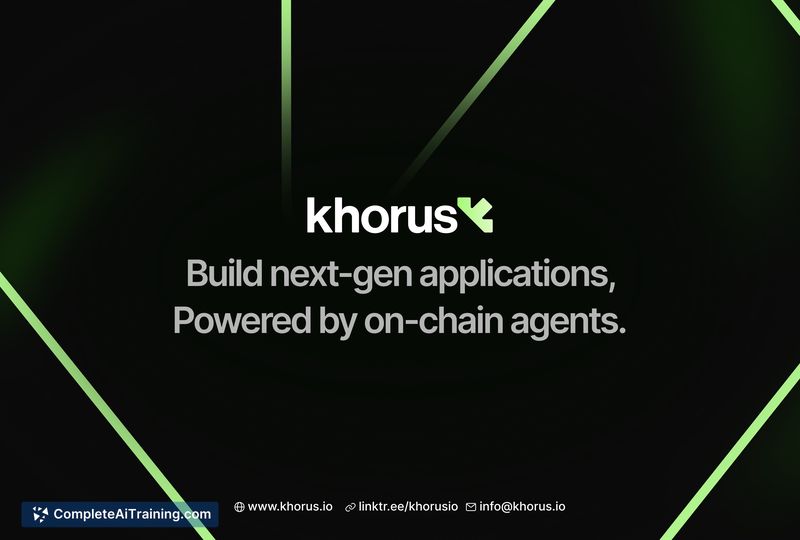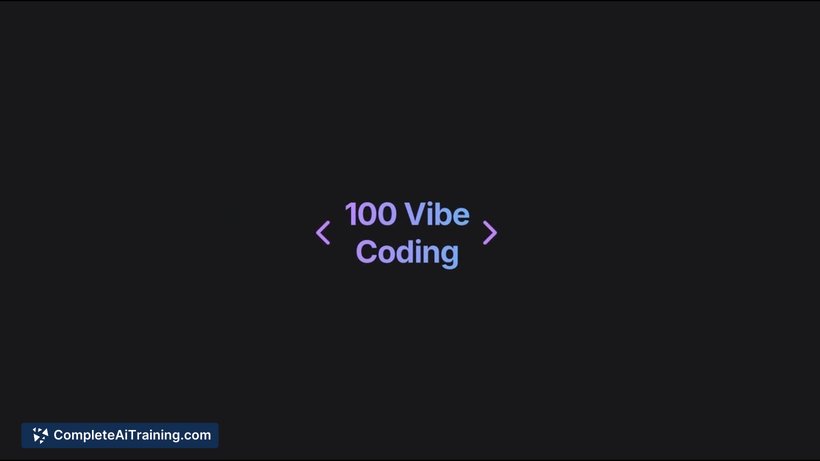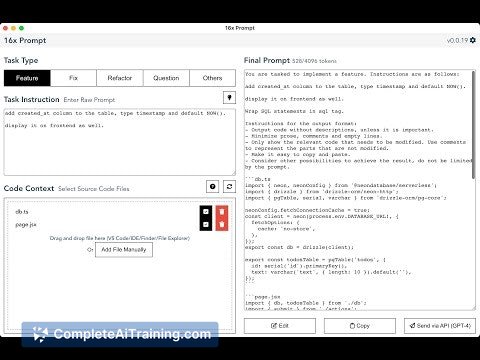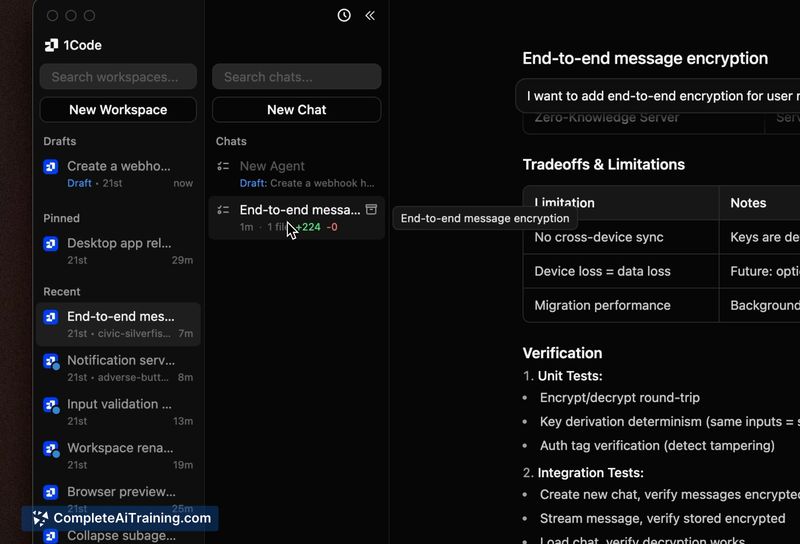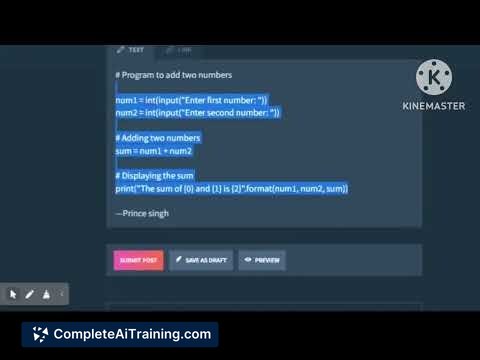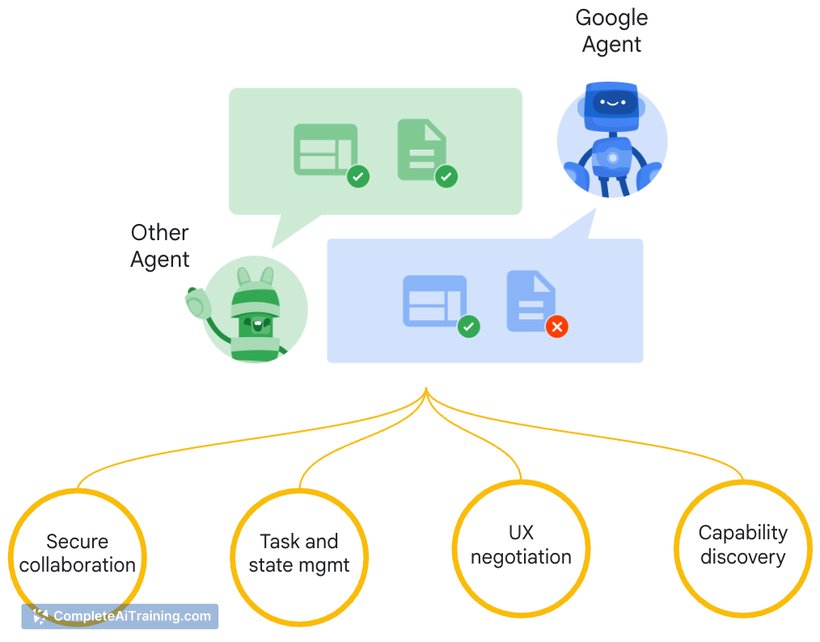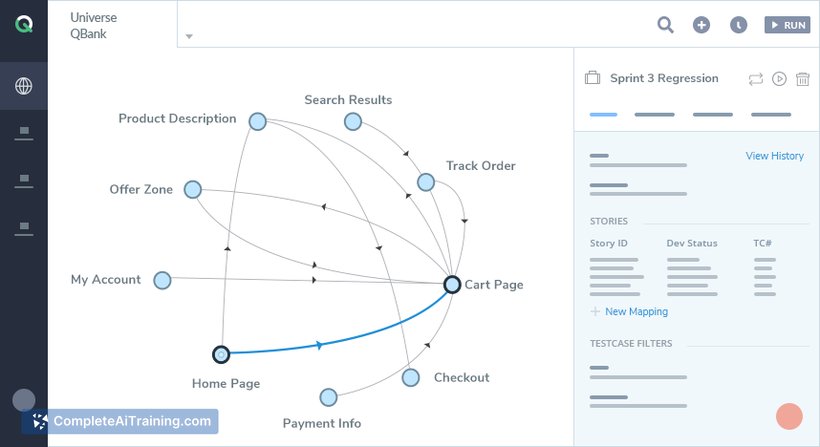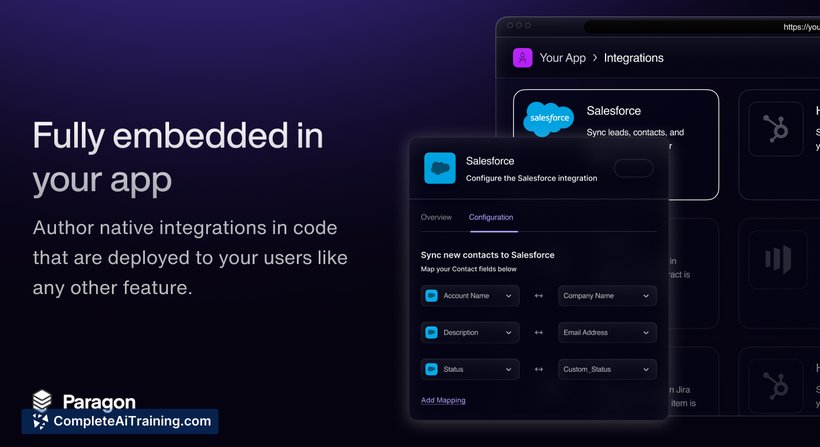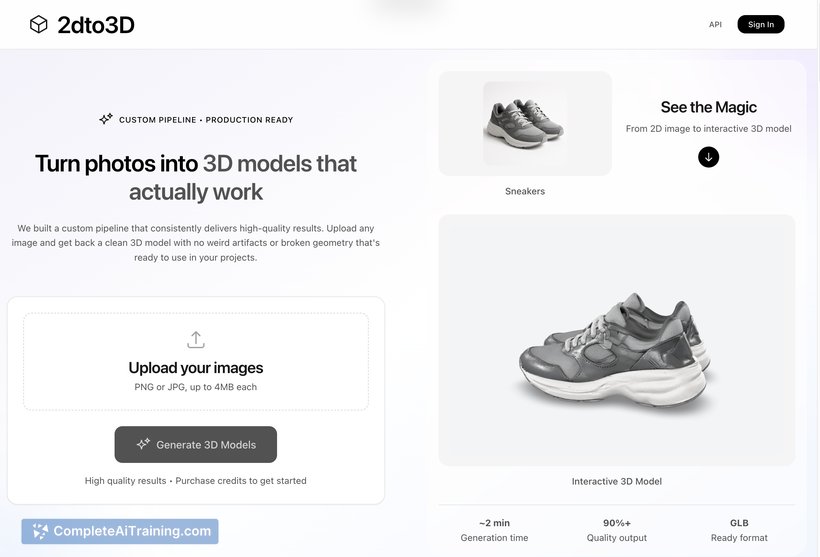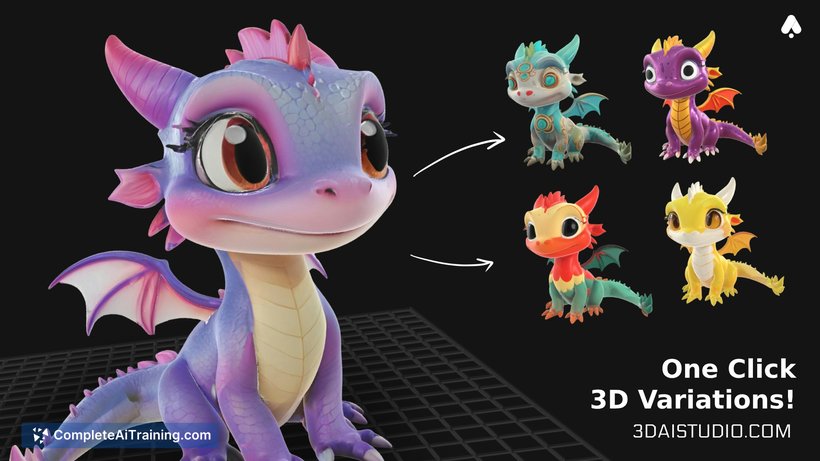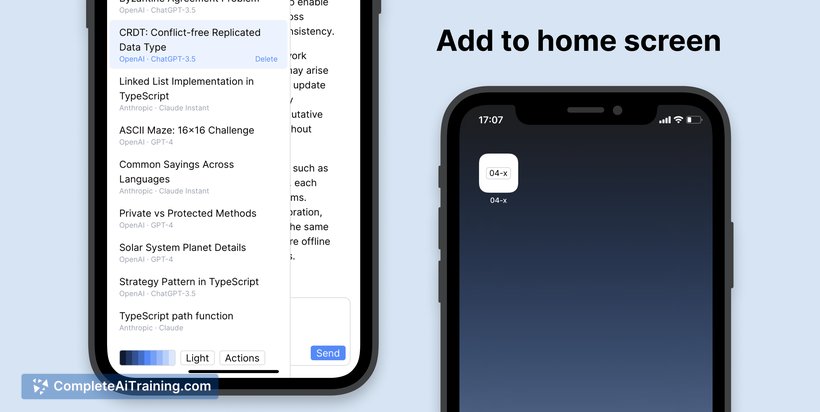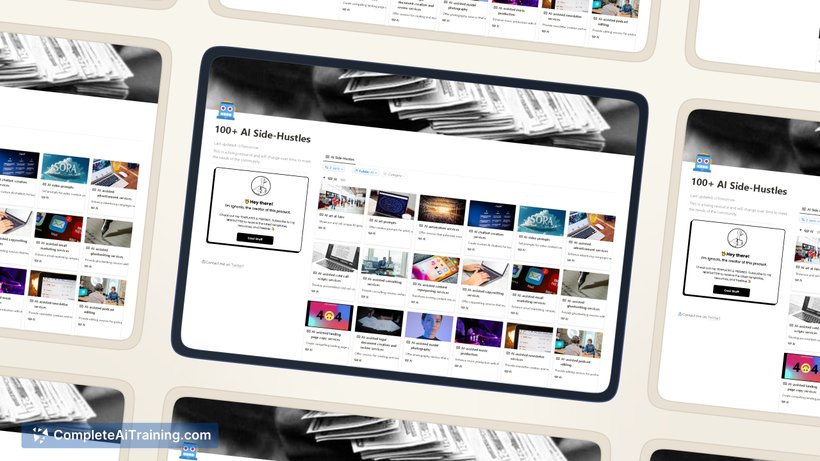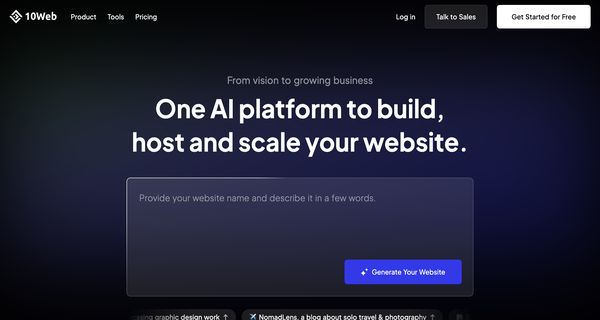About Khorus
Khorus is an on-chain platform for building, deploying, and tokenizing applications through an agent-to-agent (A2A) infrastructure. It enables autonomous agents to coordinate by sharing reasoning and context, with each agent assigned a distinct role, personality, and specialization.
Review
Khorus takes an ambitious approach to multi-agent collaboration by combining blockchain verification with persistent workspaces where agents can coordinate, delegate, and execute tasks together. At launch it shows promise for developers and teams exploring decentralized, composable AI workflows, though it remains early and still expanding its integrations and tooling.
Key Features
- Agent-to-Agent (A2A) coordination that allows agents to exchange reasoning as well as data for richer collaboration.
- On-chain verification using ERC-8004 and settlement via x402 to provide auditability and transparent execution records.
- Persistent Offices that group multiple agents, models, and networks into a shared workspace for ongoing projects.
- Tokenization and deployment tools that let teams package agents with specific roles (developer, project manager, researcher, security, etc.).
- Interoperability with APIs, MCPs, and other networks so agents can share context and tools across systems.
Pricing and Value
At launch Khorus lists free options, making it possible to experiment without upfront cost. Because core actions are recorded and settled on-chain, usage may involve transaction or settlement fees tied to x402 activity; teams should plan for those operational costs. The platform's core value comes from transparent, auditable agent coordination and the ability to assemble multi-agent workflows that can be deployed and tokenized for broader distribution.
Pros
- Transparent on-chain verification and settlement that helps with auditability and trust.
- Agents can share reasoning and context, enabling more complex, coordinated behavior than simple data exchange.
- Persistent Offices simplify collaboration across multiple agents and models in a single workspace.
- Support for tokenization and role-based agents provides flexibility for diverse use cases in Web3 and AI.
Cons
- Early-stage product with limited ecosystem integrations and third-party tooling compared with more mature platforms.
- On-chain settlements can introduce additional costs and latency compared with off-chain alternatives.
- Developers unfamiliar with ERC-8004, x402, or multi-agent design may face a learning curve.
Overall, Khorus is best suited for developers and teams building decentralized, multi-agent applications that benefit from transparent execution and persistent collaboration. Organizations focused on simple single-model tasks or aiming to avoid on-chain fees may find lighter-weight alternatives more appropriate today.
Open 'Khorus' Website
Your membership also unlocks:

